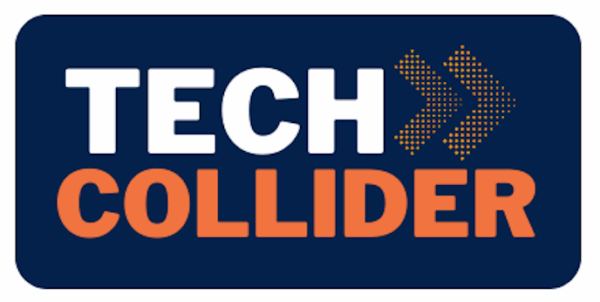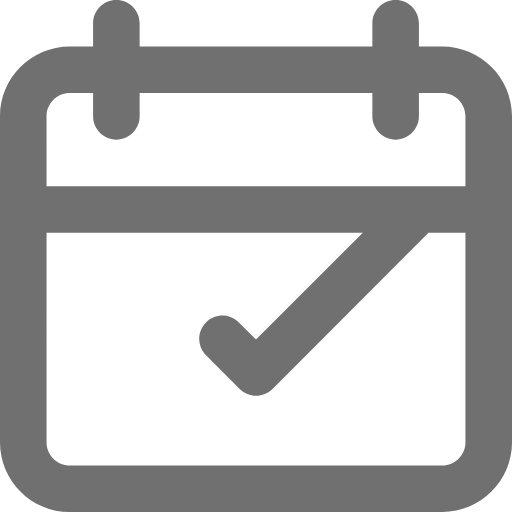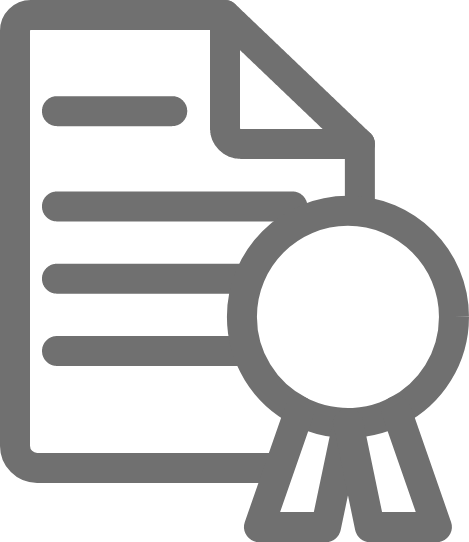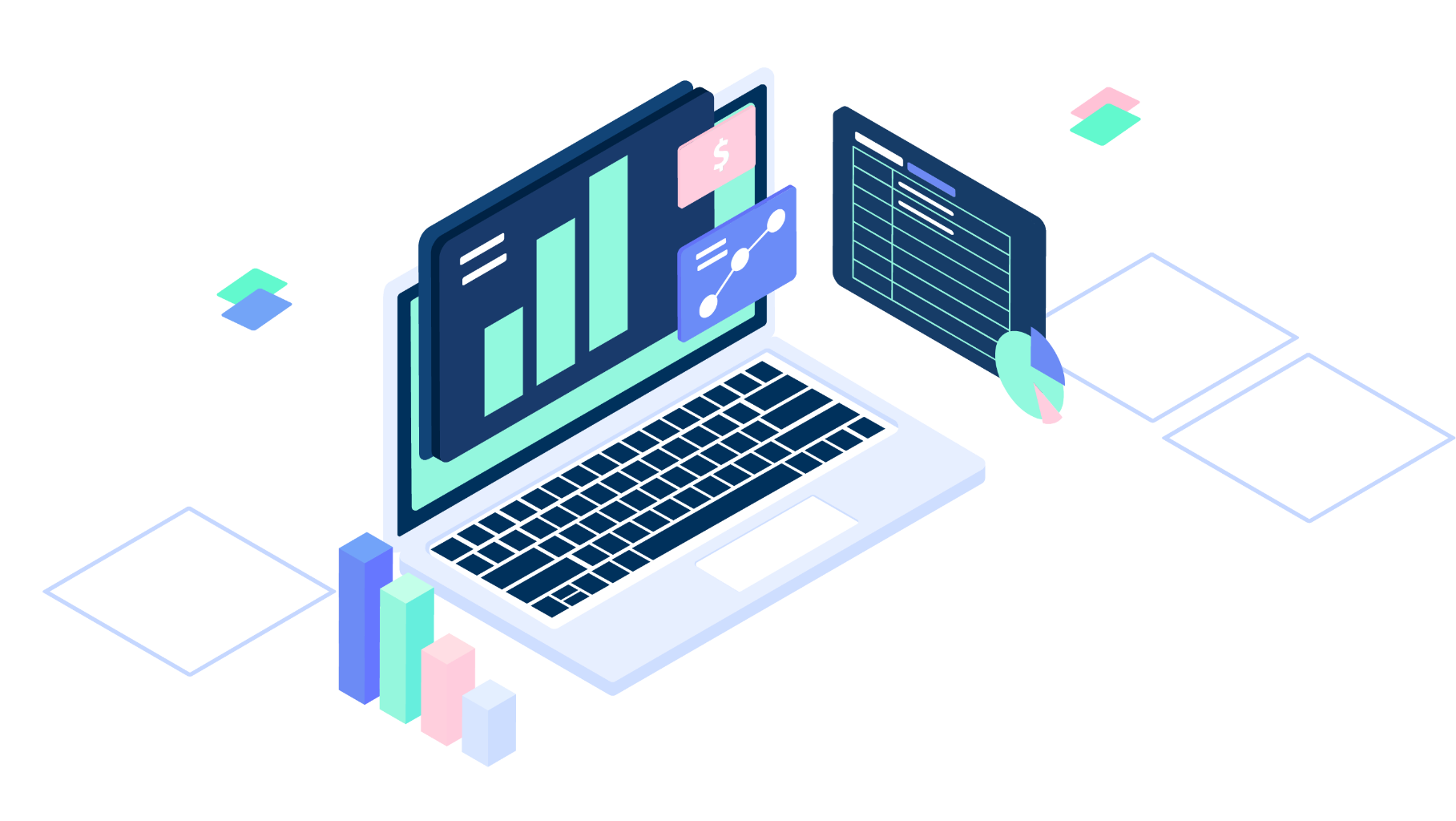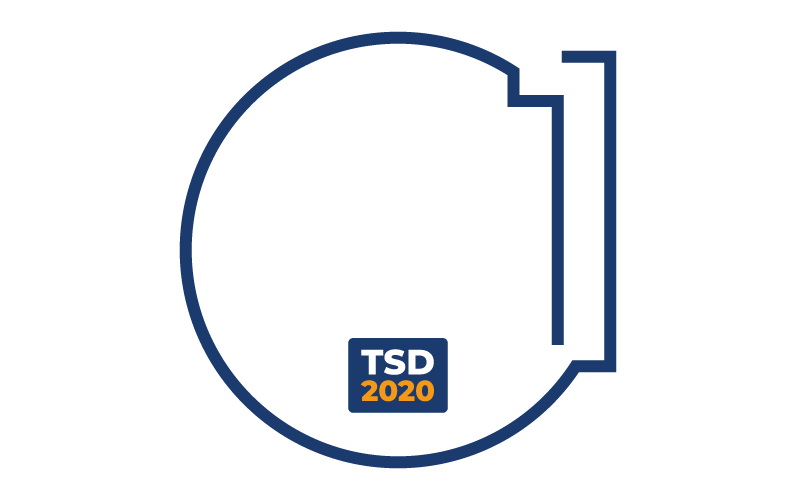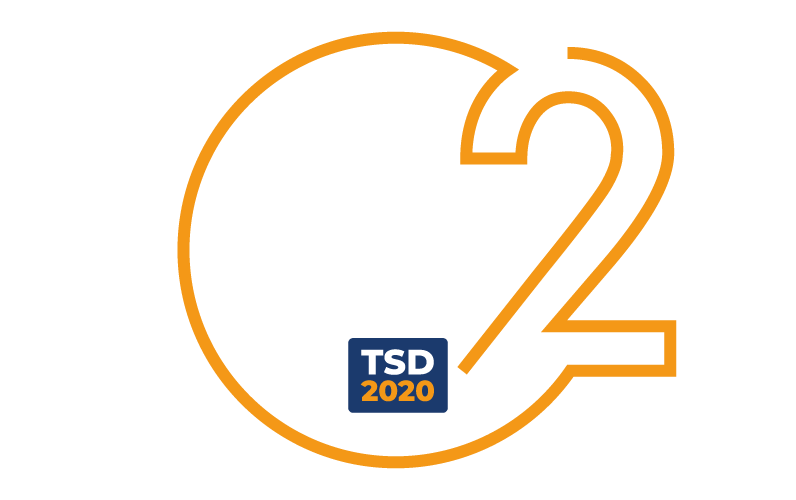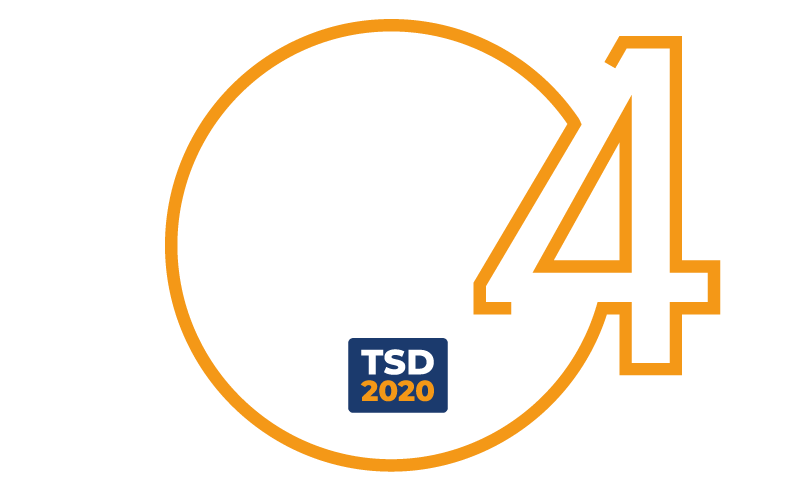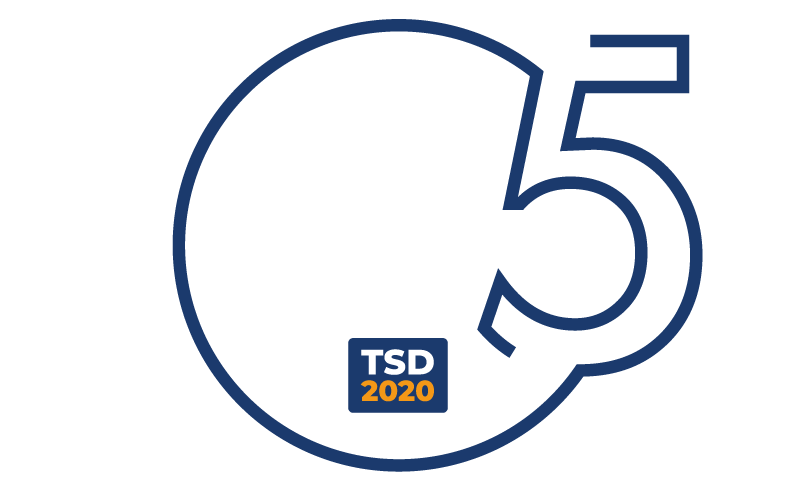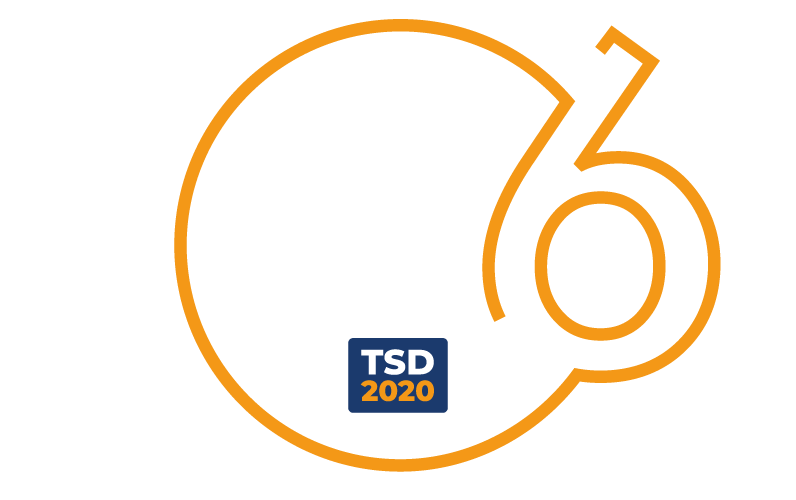Archiving of medical data in our country is currently carried out through the Electronic Health Record (FSE). However, this is subject to various limitations that depend in part on the infrastructures and planning and in part on the usability.
Problems of a planning nature: The FSE is developed through two distinct architectures, regional and national, the latter entrusted to the centralized technology of MEF-Sogei. This choice continues to cause perplexity and will have to be reconsidered as part of a strategy for further development and consolidation of the regional – national eHealth system. The FSE does not take into account access to the emergency room. Finally, in the FSE there is no type of qualitative / quantitative analysis system of the collected data, nor support to the doctor with the aid of machine learning algorithms or artificial intelligence.
Usability problems: Several users complain because they have difficulty in use, in this case during access due to the malfunctions of OTP and other authentication systems.
